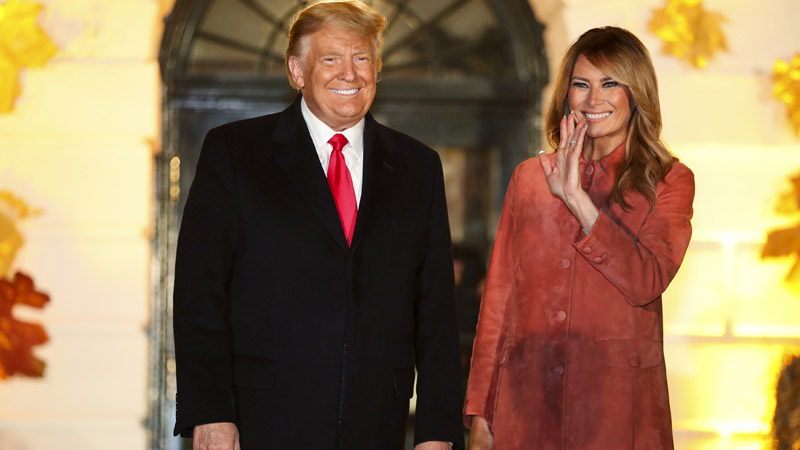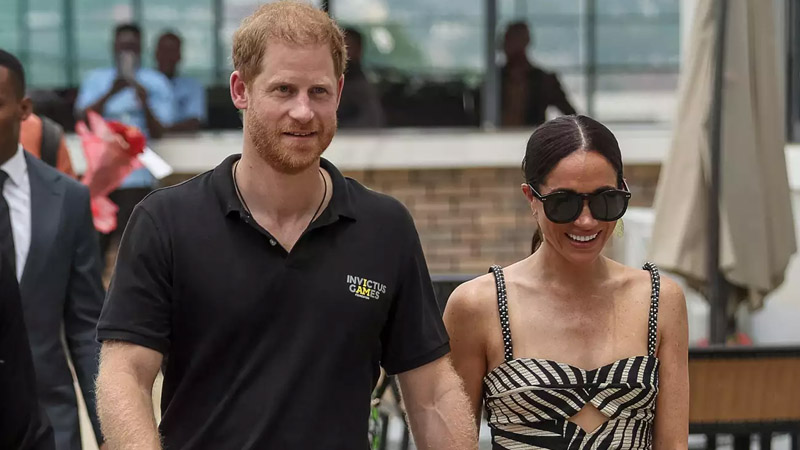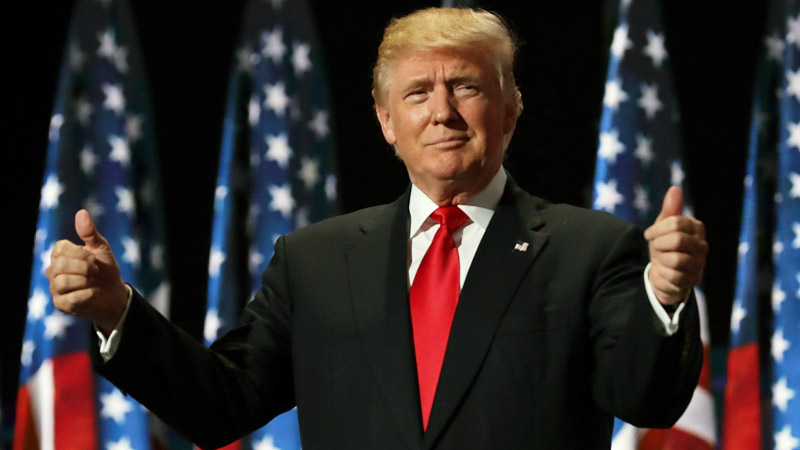Authorities Say That Federal Air Marshals Diverted From Critical Flights To Investigate January 6 Suspects

Nicholas Kamm/AFP via Getty Images
The Department of Homeland Security, under the Biden administration, has been involved in a controversial practice of having federal air marshals follow individuals who traveled to Washington, D.C., on January 6, 2021. This surveillance has been ongoing even for those who did not participate in the Capitol riots and were never charged with any crime. This revelation was brought to light by the Air Marshal National Council, an association representing air marshals.
The practice has raised concerns about the politicization of law enforcement and the potential risk it poses to uninvolved individuals. In a bizarre twist, it was discovered that air marshals were assigned to monitor each other, as revealed in a case where an air marshal was tasked with following a colleague’s wife who was in D.C. but did not attend the Capitol protest.
The Daily Wire, November 29, 2023, reported, that David Londo and Sonya LaBosco of the Air Marshal National Council wrote to House leaders, expressing concern about innocent Americans being wrongly classified as ‘Domestic Terrorists’ in TSA and Federal Air Marshal Service databases. They cited an instance where the wife of an air marshal was followed on flights, leading to a situation where an air marshal was surveilling another air marshal.
The letter also highlighted the misallocation of resources, stating that air marshals were pulled from high-risk international missions to follow these individuals. The Council criticized the repurposing of the “Quiet Skies” domestic surveillance program for tracking people loosely linked to January 6, despite no evidence suggesting they pose a threat to aviation security. The DHS Inspector General had previously found that this program never identified any actual threats.
Additionally, the Council raised concerns about the deployment of hundreds of air marshals to the southern border for tasks unrelated to their primary duties, such as assisting migrants. This diversion of resources, they argued, could potentially compromise national security.
The situation has led to public scrutiny and criticism, with reports of individuals feeling humiliated and unfairly targeted, such as January 6 defendant Kirstyn Niemela, who experienced heightened airport security and surveillance.
The Council’s communications have highlighted the need for a review of these practices, questioning the legal and ethical implications of such surveillance and resource allocation.


